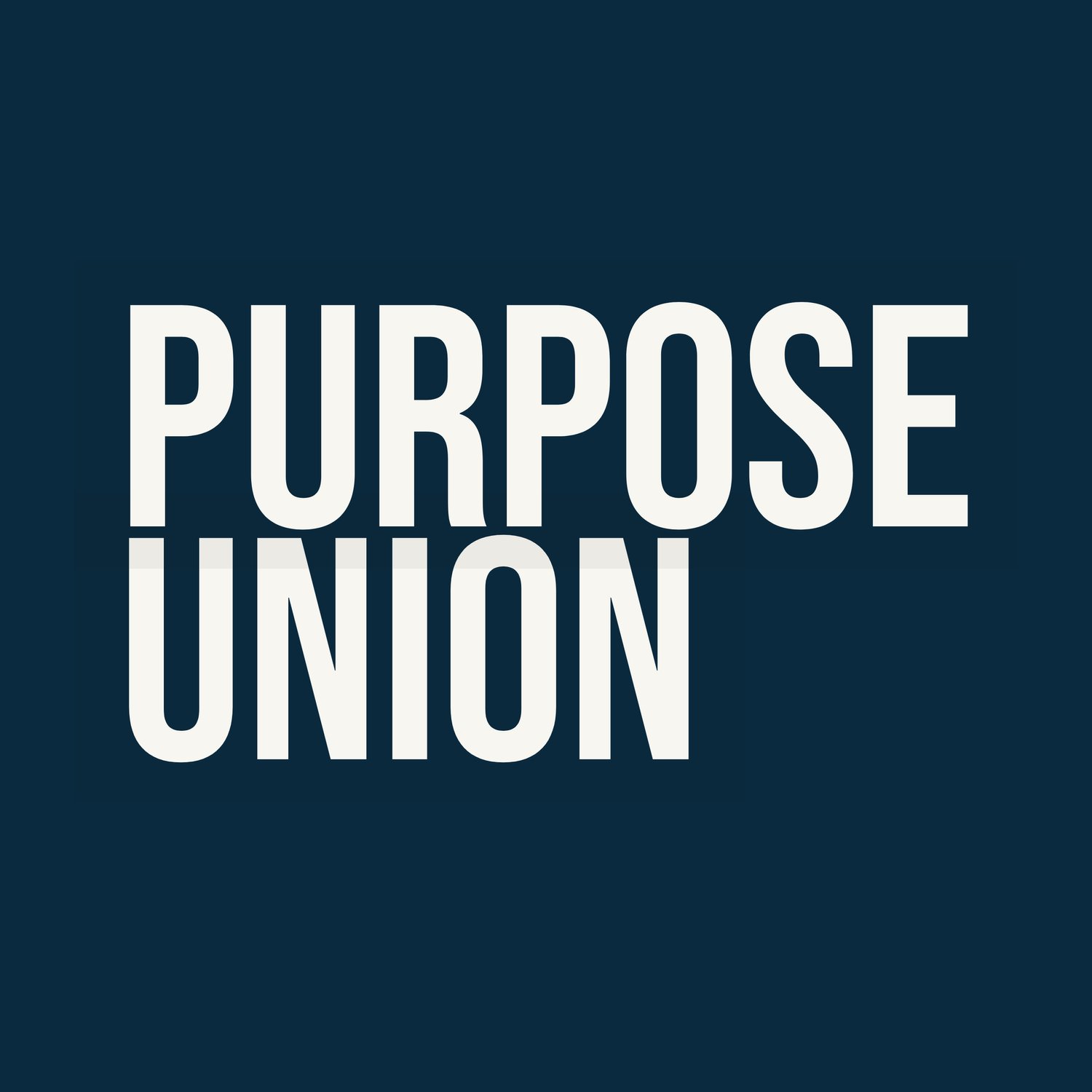The DEI landscape is changing - how should businesses respond?
As businesses navigate increasing scrutiny over DEI, many are questioning their next move. Should they adapt, hold firm, or step back? Our founder, Lewis Iwu, shares his insights.
Since Trump’s re-election, the corporate DEI conversation has grown louder. Some companies are scaling back their commitments, wary of political and legal pressures. Others are adapting their language, trying to avoid becoming a target.
Meanwhile, in the UK and Europe, expectations around workplace inclusion remain strong, with regulators pushing for more transparency and action.
This moment is a real test for business leaders. There is pressure from both sides - criticism from vocal opponents of DEI, but also from employees, customers, and investors who still expect companies to lead on inclusion. Some leaders I’ve spoken to are unsure how to move forward. Should they adjust their messaging? Should they change the way they talk about DEI? Should they step back altogether?
My message on this is clear:
“The existence of resistance to DEI isn’t a sign of failure. It’s a sign that this work has always been tough.”
Signal vs Noise
Despite the headlines, most companies are still doing the work. Our Purpose Pulse research found that:
53% of Gen Z and Millennials expect companies to do more on social issues, not less - up from 39% in 2021.
These generations are twice as likely to recommend their employer if they see real action on social or environmental issues.
The noise around DEI has increased, but the data suggests that the long-term expectations haven’t changed. Business leaders need to see through the immediate media frenzy and focus on what really matters.
Framing DEI in a polarised environment
Some organisations are dropping the term DEI altogether, opting for “inclusivity” or other language. This may seem like a pragmatic move, but it carries significant risks.
It can be seen as conceding ground to DEI critics, who may demand further rollbacks.
Employees, customers, and investors who care about inclusion may see it as a retreat.
Companies that take this approach could find themselves squeezed from both sides - criticised by opponents while losing trust among supporters.
A more strategic approach is needed. Instead of stepping back, leaders should be focusing on how they communicate their commitments. Here are the key questions for business leaders::
Are we clearly articulating what we mean by an inclusive workplace?
Have we explained why this work matters to our business?
Are we framing DEI in ways that resonate with more sceptical audiences?
Different ways of presenting DEI lead to different reactions. The companies that invest time in getting this framing right will be in a stronger position.
Short-term thinking vs the reputation dividend
Some companies are betting that this current backlash against DEI will last indefinitely. Others assume that employees, customers, and investors will simply forget if they scale back.
Both bets are misguided.
Memories are long - especially for those who see inclusion as a trust issue. Organisations that reinforce their DEI commitments now will be far better placed in the future. Those that step back may struggle to rebuild credibility later.
On the flip side, companies that hold firm or even strengthen their DEI efforts could benefit from a reputation dividend in the long term. In an environment where many are retreating, there is an opportunity to stand out as a leader.
How businesses can navigate DEI challenges
At Purpose Union, we’ve been advising business leaders on how to navigate this moment. Every organisation will need to make its own choices, but those decisions should be intentional, well-communicated, and aligned with long-term business strategy.
